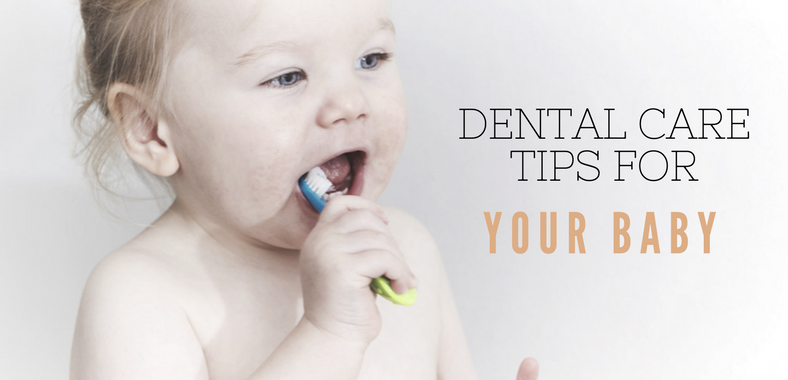A large number of people are irresponsible about the health of their gums. They stay conscious about the colour and cleanliness of their teeth but at the same time, take their gums for granted.
Oral health specialists at Wimbledon dental care warn that this intentional negligence is likely to prove very costly in the course of future. Poor condition of your gums can have a very adverse effect on your overall physical well being.
But before we discuss that aspect, let’s explore the function of our gums.
Why gums are necessary
If you think your gums are there only for aesthetic reason, you must think again. The gums provide a unique physical mechanism to protect your teeth and save your mouth from succumbing to diseases. The gums are made of soft skin and cover the bones in your mouth. It is an incredible line of defense against the harmful bacteria in your mouth.
If you ignore your gums, the harmful bacteria can play their role to make you suffer from gum diseases.
If you ignore your gums, the harmful bacteria can play their role to make you suffer from gum diseases.
Gum diseases and your overall health
Our mouth is a hive of bacteria – both good and bad. No matter how hard you try, it’s just not possible to keep your mouth free from bacteria. Healthy gums indicate both the good and bad bacteria are evenly balanced in your mouth. Healthy gums also keep periodontal disease away. Bad bacteria lead you to periodontal diseases. Your body responds to it by causing inflammation. Inflammation – in turn – destroys your gum tissues, causing irreparable damage to your mouth.
Gum disease is also known as periodontal disease and it can range from mild to severe. Initially, it causes a little redness and swelling in the gum tissues. As the crisis deepens, the symptoms keep changing and you’re exposed to higher risk of losing your precious teeth.
Recent studies show people with gum diseases are at higher risk to develop a number of chronic medical conditions, including:
Gum disease is also known as periodontal disease and it can range from mild to severe. Initially, it causes a little redness and swelling in the gum tissues. As the crisis deepens, the symptoms keep changing and you’re exposed to higher risk of losing your precious teeth.
Recent studies show people with gum diseases are at higher risk to develop a number of chronic medical conditions, including:
- Heart diseases
- Blood sugar
- Memory loss or dementia and
- Respiratory diseases
Dentists at Confidential Dental Clinic point out that women suffering from gum diseases are known to suffer from complications during pregnancy.
The bottom-line is very simple. If the plaque build-up is not properly removed from your teeth and the gums every day, it inflames your gums. Gum inflammation is the onset of gingivitis, which gradually matures to a more severe condition called periodontal disease. At this stage, your infected gums start pulling away from the teeth. As a result, you suffer from teeth loss. If left untreated, it further destroys your gum structure along with the bones that support your teeth.
The bottom-line is very simple. If the plaque build-up is not properly removed from your teeth and the gums every day, it inflames your gums. Gum inflammation is the onset of gingivitis, which gradually matures to a more severe condition called periodontal disease. At this stage, your infected gums start pulling away from the teeth. As a result, you suffer from teeth loss. If left untreated, it further destroys your gum structure along with the bones that support your teeth.
Tips to avoid gum disease
- Brush and floss the teeth properly every day using a soft toothbrush and medicated floss respectively. Brush twice a day and floss once before going to bed. Use a fluoride toothpaste for brushing.
- Avoid smoking or any other form of tobacco consumption. Tobacco is harmful for both your teeth and the gums. It not only increases the chances of developing gum disease but also that of oral cancer and tooth decay.
- Maintain a healthy and balanced diet round the year. drink plenty of water at regular and short intervals daily.
- Last but never the least, go for routine dental checkups at an interval of every 6 months.
It is better to take actions to prevent rather than undergoing treatment for curing gum disease.











